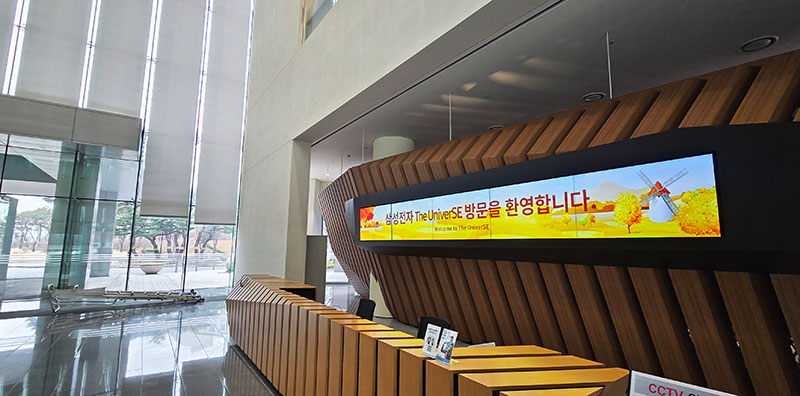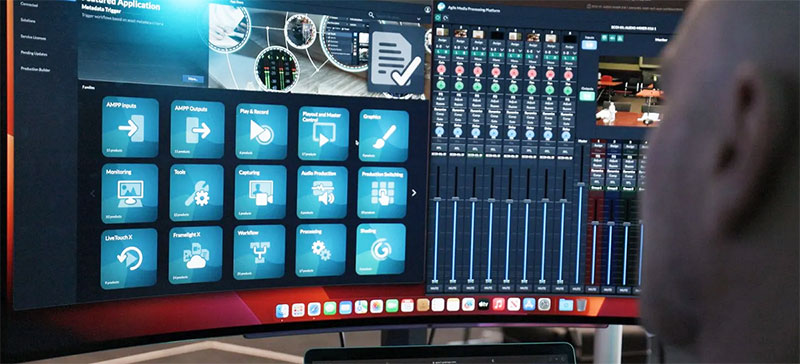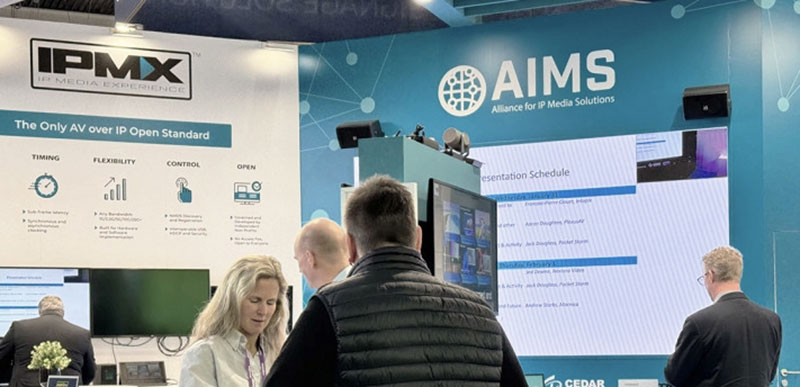RIST Forum and SipRadius released a new version of the libRIST library to help developers create collaborative software tools to build IP media production and delivery systems.

The Reliable Internet Stream Transport (RIST) Forum and SipRadius have released version 0.2.11 of the libRIST library, making it easier for developers to create software tools that work readily together to build complete IP media production and delivery systems. SipRadius, a specialist in live media transport and transcoding, has been a major player in the development of libRIST from the start, and is proud to continue its support.
RIST – Reliable Internet Stream Transport – is an open standard that brings secure, low latency, deterministic media streaming across the internet. RIST enables direct streaming experiences over lossy networks while maintaining interoperability between different vendor products. libRIST is an open source library of RIST routines, a practical toolkit for fast and accurate building of RIST tools. The routines in the library conform fully with the standard.
Designed for simple integration, developers can quickly achieve the desired results. Published and maintained at VideoLAN, it holds a liberal BSD 2-clause open source license and supplies a copyright-free implementation to assure its widespread adoption.

“I took a leading role in creating the specifications and code for RIST starting in 2018,” said Sergio Ammirata PhD, founder and chief scientist at SipRadius. “With my colleagues at SipRadius, we take a very active role in maintaining and developing libRIST, while making it free for the whole industry to use. Interoperability is in everyone’s best interests.”
The new release adds functionality prompted by real-world issues raised by those developing technology and building production and delivery networks. One of the main advantages of RIST is that it allows rapid scaling of networks, adding and clearing large numbers of destinations instantly as required, using Rist2Rist nodes. The new version includes support for ephemeral listening ports, for example, speeding up recognition of live and quiescent circuits and so minimising cloud processing resources.
“The SipRadius team, and everyone else involved in libRIST in VideoLAN, work hard to ensure the standard and library remain completely open and ready to use,” Sergio said. “The new release of libRIST supports Windows, MacOS, Linux, iOS and Android, and fully supports the other key open standards in media streaming like VLC 4.x and above, FFMPEG, TSDuck and others. Vigorous active development of the library continues, building on the practical experience of users creating rich functionality with RIST.”
The latest version of the libRIST library can be accessed at code.videolan.org. sipradius.com




















